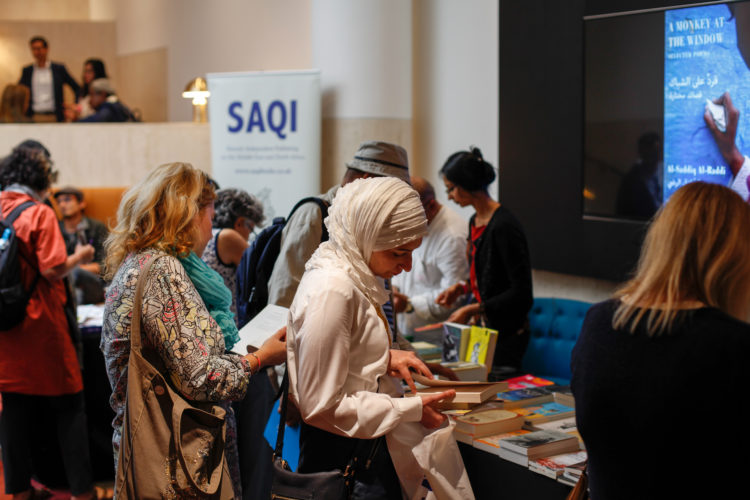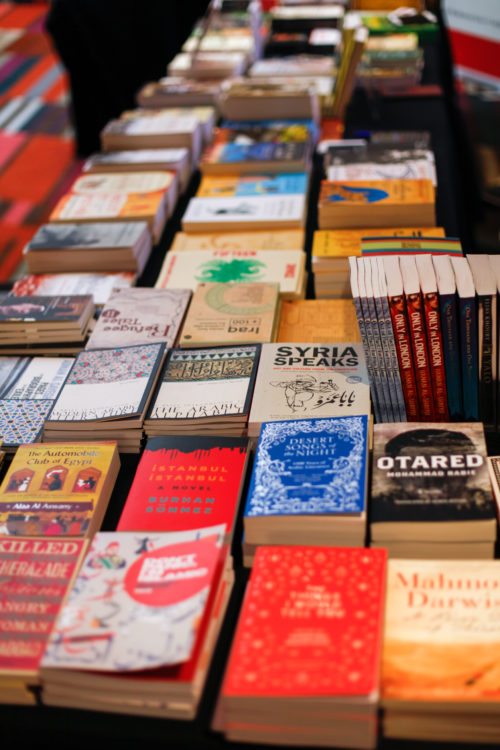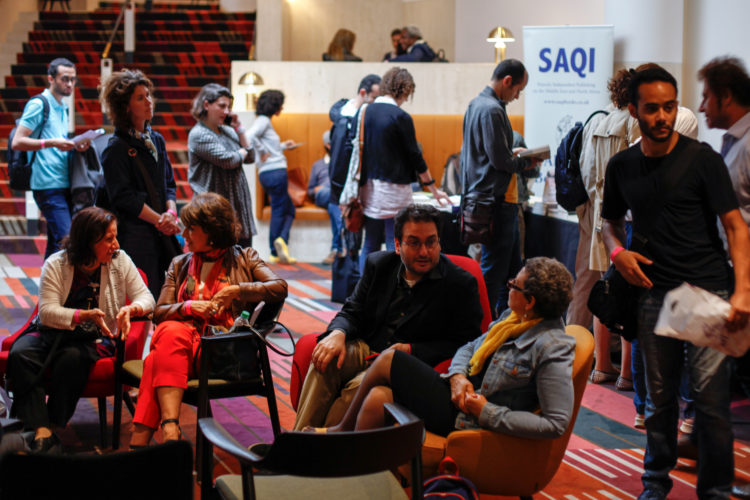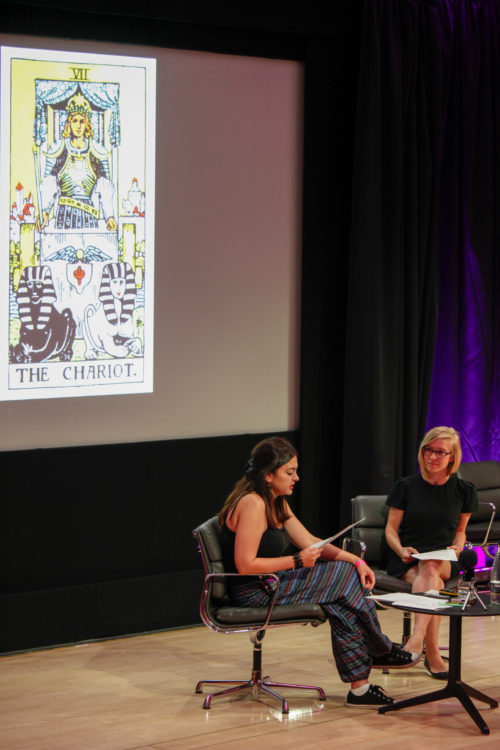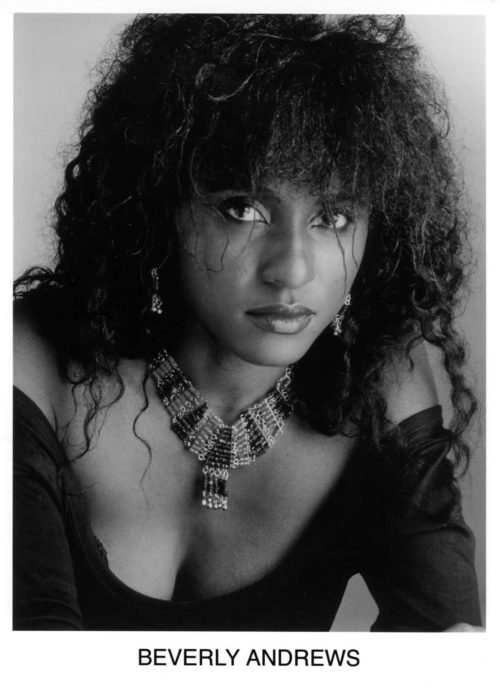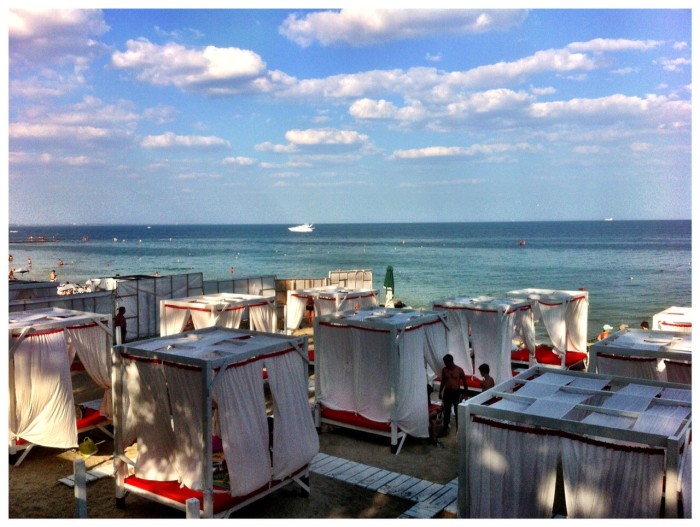Shubbak Festival
By Beverly Andrews
With ongoing conflicts in the Middle East, the main focus of most of our news coverage on the region, it comes as a welcome surprise to see an alternative image of the region presented through the wonderful delights of London’s Shubbak festival. The Shubbak festival is a month long arts festival, which highlights the work of artists working throughout the Arab world. The Shubbak festival offers a welcome opportunity to view the changes taking place in the Middle East from the perspective of artists who were born there. Eckhard Thiemann, the festival organizer, discusses his motivations for founding the festival.
“The first festival took place in June 2011 and on that occasion was opened by the Mayor of London. It was originally conceived in 2010, as a one-off platform to show the riches of contemporary Arab culture and to highlight London as a globally connected city. When it took place in summer 2011, just 6 months after the so-called Arab Spring, it gained a more urgent character. The steering group felt it should not happen just once. Shubbak became an independent organisation with the aim to offer a major platform for Arab artists to showcase their work to London audiences every two years. I joined as artistic director in autumn of 2012 and delivered the 2013, 2015 and 2017 festival.”
Thiemann goes on to comment on the work produced by many of the festival artists, “I think what is interesting in the work of many Arab artists is how they explore important issues of our times. Their work does not take place in an aesthetic vacuum, removed from the affairs of this world. We have presented artists who explore notions of identity, migration, conflict, nostalgia, family structures, politics, globalisation, internationalism and our relationship to cultural heritage. These works bring us closer to human lived experience than many media reports, and connect us to individuals. Our focus is not on particular countries, but on individual artists. There is of course an increased interest in artists from Syria, who are now dispersed across many countries, both in the Middle East and Europe and who find new ways to articulate their experiences.”
One of the most interesting events in the festival thus far is their literary residency at London’s British Library, a collaboration between Shubbak and Words Without Borders, an organization which promotes cultural understanding through the promotion of international literature.
One of the literary highlights of this festival within a festival included a seminar called A New Confidence, looking at the rising confidence of Middle Eastern writers to explore LGBTQ themes within stories based both within the region and throughout the Arab diaspora; stories which look at the multiplicity of the LGBTQ experience today throughout the Arab world. Hosted by Alberto Fernandez Carbajal, of the University of Leicester, the event included the writers Saleem Hadded, Alexandra Chreiteh and Amahl Khouri. All three authors read extracts of their work and went on to speak about the importance of stories which address a multiplicity of sexual identities. All the writers present agreed that with the region’s current upheavals and the failure of recent political and religious movements such as Arab nationalism and religious fundamentalism, this presents an unexpected opportunity to hear the voices of those who are so often marginalized by society.
Another literary highlight of the festival was a seminar devoted to the work of Syrian journalist and author Rasha Abbas, who has undertaken a month long creative residency commissioned by Shubbak and the British Library. She has focused on the period of the Arab Union, as part of her research for a planned historical novel. This short-lived union between Syria and Egypt from 1958 to 1961 has had a major influence on the subsequent political scene in both countries as well as the wider region. Influenced by several cards from the tarot deck, Abbas uses this unusual approach to chart a fictionalized account of her grandfather’s life during this turbulent time.
The success of Shubbak highlights a willingness of international audiences to seek out and listen to voices from the region. “On the evening of Friday 7 July for instance, we had five sold-out events running simultaneously across London. This was wonderful evidence for us that there is a real hunger, interest and curiosity from audiences to experience work from a variety of Arab artists.
Perhaps one unexpected result of the region’s current political and social turbulence is a dawning awareness on the part of the international community that the true road to peace is only found through dialogue.
Although the majority of Shubbak events are now over, there are a few visual arts events (Shift and The Craft) which will run until the beginning of September. Check out the festival website for more details.
FΩRMIdea London, 8th August 2017.
